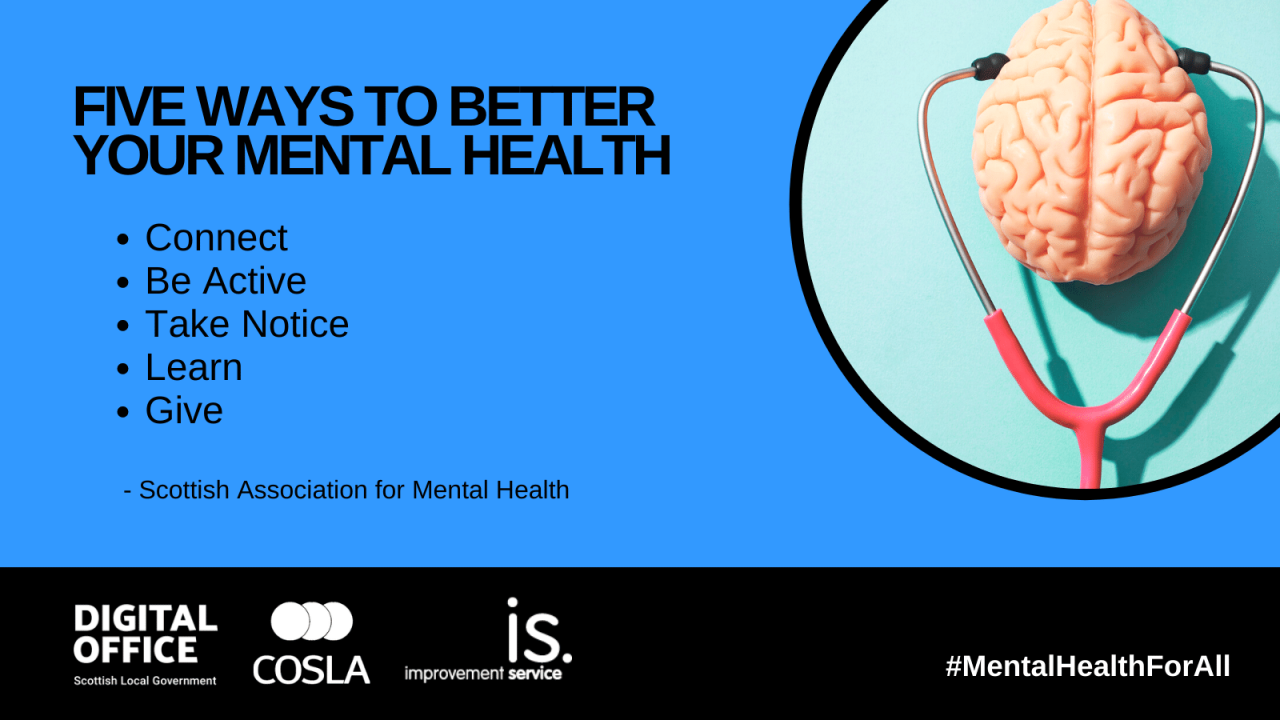Health insurance plays a pivotal role in safeguarding your well-being, serving as a financial safety net that supports individuals and families in times of medical need. Understanding its principles is essential for making informed decisions about your healthcare options. With various plans available, from HMOs to PPOs, getting acquainted with key terms like premiums and deductibles can empower you to navigate the world of health insurance with confidence.
Moreover, the benefits of having health insurance extend beyond mere coverage; studies show that it significantly improves health outcomes, ensuring access to necessary medical services and preventive care. By acknowledging the merits of health insurance, you can appreciate how it contributes to a healthier lifestyle and peace of mind.
Understanding Health Insurance
Health insurance is a crucial aspect of personal finance and healthcare accessibility. It provides individuals and families with a safety net against high medical costs, ensuring that necessary treatments are accessible without overwhelming financial burden. Understanding the fundamentals of health insurance can empower consumers to make informed decisions regarding their health and finances.The fundamental principles of health insurance revolve around risk management and financial protection. By pooling resources from many members, health insurance plans spread the financial risk of medical expenses across a larger group. This structure allows individuals to pay a relatively small premium for coverage while being shielded from the high costs associated with unexpected medical events.Types of Health Insurance Plans
Health insurance plans vary widely, catering to different needs and preferences. Understanding these types is essential for selecting the right coverage. Here are some of the most common health insurance plans:- Health Maintenance Organization (HMO): Requires members to choose a primary care physician and get referrals for specialists.
- Preferred Provider Organization (PPO): Offers more flexibility in choosing healthcare providers and does not require referrals.
- Exclusive Provider Organization (EPO): Similar to PPOs but does not cover any out-of-network care except in emergencies.
- Point of Service (POS): Combines features of HMO and PPO, requiring referrals for specialists but allowing out-of-network options.
- Catastrophic Health Insurance: Designed for young, healthy individuals, offering low premiums and high deductibles for unexpected serious conditions.
Key Terms in Health Insurance
Familiarity with key terms related to health insurance is crucial for navigating policies effectively. Understanding these terms can help individuals assess their coverage options and manage their healthcare costs better. Here are some key terms to know:- Premium: The amount paid monthly or annually to maintain health insurance coverage, regardless of whether medical services are used.
- Deductible: The amount a policyholder must pay out-of-pocket before the insurance begins to cover medical expenses. For example, if a plan has a $1,000 deductible, the individual must pay this amount before benefits kick in.
- Co-pay: A fixed amount paid by the insured for each medical service received, such as a $20 fee for a doctor visit, which is often separate from the deductible.
- Out-of-Pocket Maximum: The maximum amount an insured individual will pay for covered services in a policy period, after which the insurance covers 100% of the costs.
- Exclusions: Specific conditions or services that are not covered by a health insurance plan, which can vary widely between policies.
By understanding these fundamental principles, types of plans, and key terms, individuals can make informed choices that align with their healthcare needs and financial situations.
Benefits of Health Insurance

Statistical Improvements in Health Outcomes
The correlation between health insurance coverage and improved health outcomes is evident in various studies. For instance, individuals with health insurance are more likely to engage in preventive health measures such as vaccinations, regular check-ups, and screenings. According to a study published by the National Institutes of Health (NIH), insured adults are 60% more likely to receive preventive services compared to their uninsured counterparts.Moreover, hospitals and healthcare systems often observe lower mortality rates among insured patients. A report by the American Journal of Public Health highlighted that uninsured individuals are 40% more likely to die prematurely compared to those with health insurance coverage. This disparity underscores the critical role that health insurance plays in promoting longevity and overall health.Services Typically Covered Under Health Insurance Plans
Health insurance plans often encompass a wide array of services designed to maintain and improve health. Understanding the typical coverage can help individuals make informed decisions when selecting a health plan. Here are some common services generally included:- Preventive Services: Routine check-ups, vaccinations, screenings for various diseases (e.g., cancer, diabetes).
- Emergency Care: Coverage for visits to emergency rooms, urgent care services, and ambulance transportation.
- Hospitalization: Costs associated with inpatient care, including room charges, surgeries, and nursing care.
- Prescription Drugs: Coverage for medications prescribed by healthcare providers, with varying tiers of copayment based on medication type.
- Mental Health Services: Coverage for therapy sessions, psychiatric care, and substance abuse treatment.
- Rehabilitative Services: Physical therapy, occupational therapy, and rehabilitation services following injuries or surgeries.
- Maternity and Newborn Care: Services related to pregnancy, childbirth, and postnatal care for mothers and newborns.
- Pediatric Services: Coverage for children's health needs, including well-child visits and vaccinations.
Choosing the Right Health Insurance Plan

Comparison of Health Insurance Plans
A thorough comparison of health insurance plans focuses on key aspects, including coverage types, out-of-pocket costs, and network restrictions. By examining these factors, individuals can better understand which plan aligns with their health needs and financial situation.- Types of Coverage: Health insurance plans often vary in the types of coverage they provide, such as inpatient care, outpatient services, prescription medications, and preventive services. It's essential to review what each plan offers and ensure it aligns with your specific healthcare requirements.
- Costs: Comparing the premiums, deductibles, co-pays, and co-insurance rates of different plans can help identify the most financially viable option. Higher premiums often correlate with lower deductibles, but it's crucial to assess whether the overall costs fit your budget.
- Network of Providers: Many health insurance plans have a network of preferred providers. Check whether your preferred doctors and hospitals are in-network, as this can significantly affect your out-of-pocket expenses.
- Limitations and Exclusions: Some plans may have exclusions or limitations on certain treatments or conditions. Understanding these details upfront can prevent unexpected costs later on.
Factors to Consider When Selecting a Health Insurance Provider
Choosing the right health insurance provider is as critical as selecting the right plan. Several factors influence the quality of service and type of support you can expect, which can ultimately impact your healthcare journey.- Reputation and Financial Stability: Researching the provider's reputation and financial strength is essential. A reliable insurance provider will have a track record of timely claims processing and customer satisfaction.
- Customer Support: Evaluate the level of customer service offered. Having access to responsive support can enhance your experience when navigating healthcare needs and managing claims.
- Plan Flexibility: Some providers offer options to customize plans based on individual needs. Consider whether the provider allows adjustments to coverage or the ability to add dependents easily.
- Claims Process: Understanding the claims process is vital. A straightforward and transparent claims procedure can save you time and frustration during critical healthcare moments.
Checklist for Evaluating Health Insurance Options
To streamline the process of evaluating health insurance options, a comprehensive checklist can be a valuable tool. This checklist encompasses critical considerations to ensure that you make a well-informed decision.- Define Your Healthcare Needs: List your medical needs, including prescriptions, specialist visits, and any ongoing treatments.
- Budget Assessment: Determine your budget for premiums, deductibles, and out-of-pocket expenses.
- Research Available Plans: Compile a list of available health insurance plans in your area and compare their coverage, costs, and provider networks.
- Read Plan Details: Examine each plan's summary of benefits and coverage to understand key features and limitations.
- Gather Provider Information: Confirm whether your preferred healthcare providers are in-network for the plans you are considering.
- Review Company Ratings: Check ratings from customer feedback and industry evaluations to gauge the provider's reliability.
- Consult with Experts: If needed, seek advice from a licensed insurance broker or financial advisor to clarify complex details.
Navigating the Claims Process: Health Insurance

Steps Involved in Filing a Health Insurance Claim
To begin with, it is crucial to know the proper procedure for submitting a claim, as this can determine the speed and efficiency with which your claim is processed. The steps are as follows:- Gather Documentation: Collect all necessary documents, including the healthcare provider's bill, your health insurance policy, and any additional paperwork required by your insurer.
- Complete the Claim Form: Fill out the health insurance claim form accurately, ensuring that all required fields are completed and that the information matches your policy details.
- Submit the Claim: Send the completed claim form along with the supporting documents to your health insurance provider. Ensure you keep copies of everything for your records.
- Track Your Claim: After submission, monitor the status of your claim through your insurance provider’s online portal or customer service.
- Response from Insurer: Once processed, your insurer will send you a notice indicating whether your claim has been approved, denied, or requires further information.
Common Challenges Faced During the Claims Process, Health insurance
Challenges during the claims process can lead to delays and frustration. Understanding these common obstacles helps in preparing to address them effectively. Some frequent issues include:- Incomplete Documentation: Claims may be denied if documentation is missing or not adequately filled out. Always double-check that you have included everything required.
- Incorrect Codes: Medical billing codes must be accurate. Mistakes can lead to delays or denials. Ensure that the healthcare provider uses the correct codes for services rendered.
- Policy Limitations: Familiarize yourself with your policy to avoid surprises regarding coverage limits and exclusions. Read your policy documents thoroughly to understand what is covered.
- Delayed Responses: Sometimes, insurers take longer than expected to process claims. If a claim is taking too long, don’t hesitate to follow up.
Effective Communication with Health Insurance Representatives
Clear communication with your health insurance provider can significantly improve your claims experience. Here are some tips for effective interaction:When contacting your health insurance representative, it’s essential to be prepared and organized. Here are some effective communication strategies:- Be Clear and Concise: Clearly state the purpose of your call or inquiry, and provide relevant information succinctly.
- Take Notes: Document key points from your conversations, including names, dates, and any reference numbers provided.
- Ask for Clarification: If you don’t understand something, don’t hesitate to ask for clarification. It’s important to grasp all aspects of your claim.
- Follow Up: If you don’t receive a timely response or resolution, follow up to ensure your issue is being addressed.
“Success in navigating the claims process relies on preparation, knowledge of your policy, and effective communication.”
Questions Often Asked
What is health insurance?
Health insurance is a contract that provides financial coverage for medical expenses, helping to mitigate the costs of healthcare services.
How do premiums work?
Premiums are the monthly payments you make to maintain your health insurance coverage, regardless of whether you use the services.
What is a deductible?
A deductible is the amount you pay out-of-pocket for healthcare services before your insurance starts to pay.
What are co-pays?
Co-pays are fixed amounts you pay for specific services, such as doctor visits or prescriptions, at the time of service.
Can I change my health insurance plan?
Yes, you can change your health insurance plan during open enrollment periods or if you experience qualifying life events.
When considering various insurance options, seguro progressive stands out for its diverse coverage choices tailored to meet customer needs. This company emphasizes affordability while providing solid protection for your assets, making it a competitive player in the market.
Another noteworthy option is seguro geico , which has gained popularity due to its straightforward policies and excellent customer service. With a focus on transparency and efficiency, it offers a seamless experience for users seeking reliable insurance coverage.